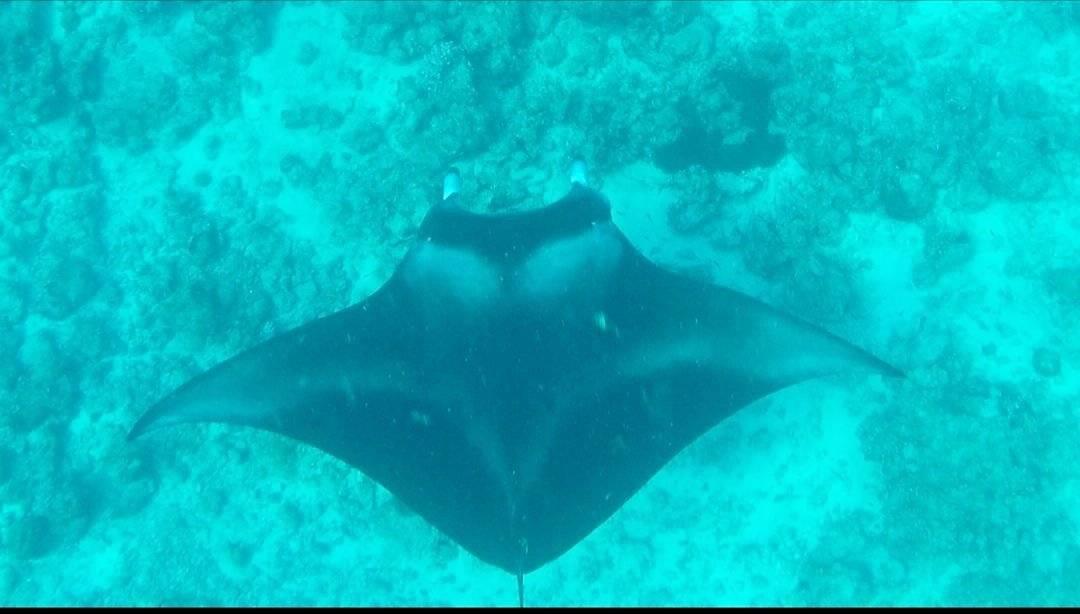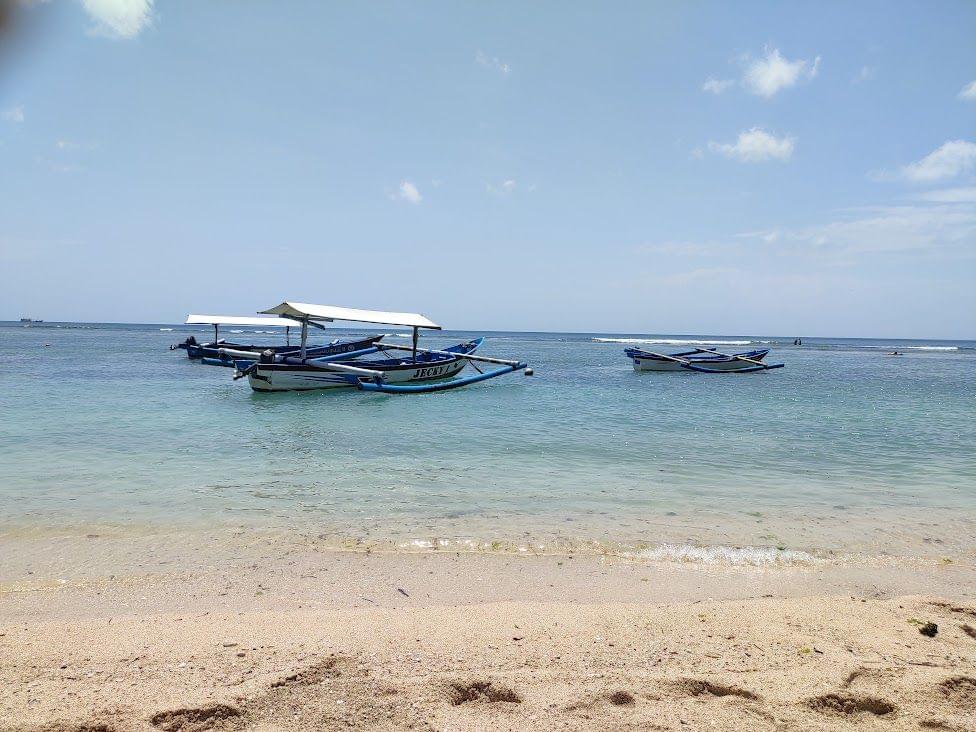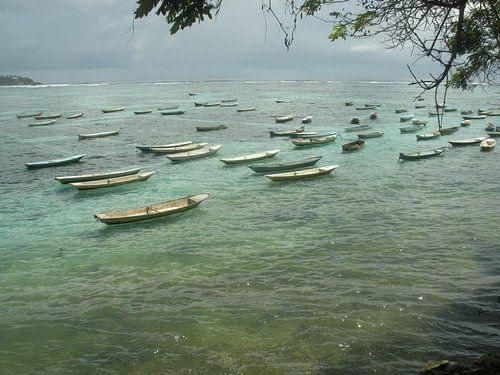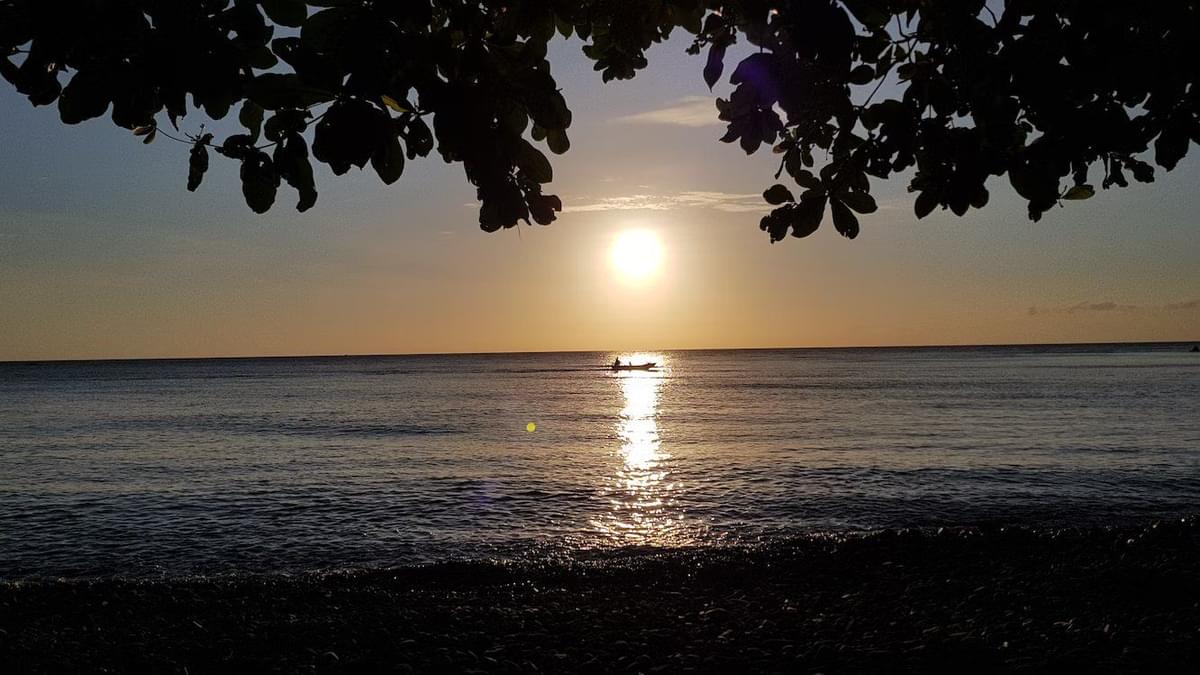- Tourism/asia
- Tourism/bali
- 10 Best Scuba Diving Sites In Bali To Discover The World Underwater
10 Best Scuba Diving Sites in Bali To Discover The World Underwater

Bali, an Indonesian island, is known for its picturesque landscapes, stunning beaches, and rich cultural heritage. However, it is also a popular destination for scuba diving enthusiasts who are drawn to its crystal clear waters, diverse marine life, and fascinating underwater landscapes. Let us explore some of the best scuba diving sites in Bali that offer an unforgettable experience to divers of all levels of expertise. So, if you're planning a scuba diving trip to Bali on your Bali trip package or simply curious about the island's underwater wonders, keep reading!
USS Liberty Shipwreck in Tulamben

The USS Liberty Shipwreck, a World War II cargo ship sunk by a Japanese torpedo, now lies just off the shores of Tulamben. This site is one of the best diving sites in Bali which has become a haven for marine life and is an excellent spot for divers of all levels to explore. The wreck is easily accessible from shore and offers an incredible array of corals and fish species.
Crystal Bay in Nusa Penida

Crystal Bay is renowned for its crystal-clear waters and vibrant marine life making it an ideal location for snorkelers and divers alike. Manta rays often frequent the area, giving divers an unforgettable experience as these majestic creatures glide by and that’s what makes this one of the best scuba diving sites in Bali. The strong currents at Crystal Bay can be challenging, so it's essential to dive with an experienced guide.
Manta Point in Nusa Penida

Manta Point is another fantastic location to encounter manta rays up close. Known for its cleaning stations, manta rays gather here to allow small fish to remove parasites from their bodies. With its relatively shallow depths and mild currents, Manta Point is suitable for divers of all levels. Don't miss visiting the best diving sites in Bali on your vacation.
Menjangan Island

Located in West Bali National Park, Menjangan Island offers some of the region's most pristine reefs and impressive wall dives. Its calm waters make it ideal for beginner divers and snorkelers alike, while experienced divers are sure to be mesmerized by the vast variety of vibrant corals and fish species. You can visit the best dive sites in Bali by adding them to your Bali family vacation package and have a great adventure time with your loved ones.
Gili Tepekong

Found off the east coast of Bali near Candidasa, Gili Tepekong boasts dramatic underwater landscapes with swim-throughs, caves, and canyons. Home to a diverse range of marine life, this site is best suited for experienced divers due to its challenging currents. If you are planning a Bali honeymoon package, make sure to add this activity to your itinerary and have a great vacation.
Shark Point, Padang Bai

Shark Point, Padang Bai is often regarded as one of the best diving spots in Bali. This exceptional dive site boasts a rich diversity of marine life, including reef sharks, sea turtles, and vibrant coral formations. Its relatively shallow depth makes it suitable for divers of various levels while still guaranteeing a memorable experience. The crystal-clear waters at Shark Point provide excellent visibility, allowing divers to fully appreciate the stunning underwater scenery.
Nusa Penida Bat Cave

The Nusa Penida Bat Cave is another contender for the best scuba diving spots in Bali. Featuring a unique underwater cave inhabited by bats, this fascinating location provides an extraordinary diving experience. Divers at the Nusa Penida Bat Cave can witness the mesmerizing sight of bats flying above them as they explore the underwater cave. The combination of natural beauty and thrilling encounters with wildlife makes this diving spot a truly unforgettable adventure.
The Mangrove, Nusa Lembongan

Mangrove, Nusa Lembongan firmly secures its place among the best scuba diving spots in Bali due to its exceptional biodiversity. This healthy mangrove ecosystem teems with an abundance of marine life such as colourful nudibranchs, octopuses, and even barracudas. Divers will be immersed in this natural wonderland, appreciating both the underwater fauna and flora.
Blue Corner, Nusa Lembongan

Blue Corner in Nusa Lembongan offers a thrilling challenge for advanced divers seeking the best scuba diving spots in Bali. Known for its intense currents and chance encounters with pelagic species such as manta rays and reef sharks, Blue Corner delivers an adrenaline-pumping experience that avid divers crave. The dive site's unique topography, with its dramatic walls and drop-offs, adds to the excitement and allure of exploring Blue Corner. Divers can also expect to be mesmerized by the vibrant coral formations that adorn the underwater landscape, creating a visually stunning backdrop for their dives.
Seraya Secrets, Tulamben

Seraya Secrets finds its place amongst the best scuba diving spots in Bali due to its plentiful macro life. This muck dive site has become a haven for curious underwater photographers and macro enthusiasts alike who seek out rare and bizarre critters amidst the volcanic sand. From seahorses to frogfish, divers will uncover numerous hidden treasures during their exploration at Seraya Secrets.
Bali offers a diverse array of scuba diving experiences for everyone, from shipwrecks and crystal-clear bays to pristine reefs and breathtaking underwater landscapes. Whether you are a beginner or an experienced diver, Bali has amazing scuba diving spots. Book a Bali scuba diving vacation package and unleash the adventurer in you.
The best time to go scuba diving in Bali is during the dry season, which runs from April to October. During this time, the water is calmer and visibility is better. However, Bali has year-round diving opportunities, so you can go diving whenever you like.
The water temperature in Bali ranges from 26°C (79°F) to 30°C (86°F) depending on the season. It can be a bit cooler in the winter months, but a wetsuit is usually not necessary.
Bali is known for its diverse marine life, including manta rays, sharks, sea turtles, and a variety of tropical fish. You can also explore coral reefs, shipwrecks, and underwater caves.
Yes, you need to be certified to go scuba diving in Bali. Many dive centres on the island offer courses for beginners as well as advanced divers.
Yes, scuba diving in Bali is generally safe as long as you follow the rules and guidelines set by your dive instructor. It's important to choose a reputable dive centre and to make sure you have the proper training and equipment before diving.
Update your location?



